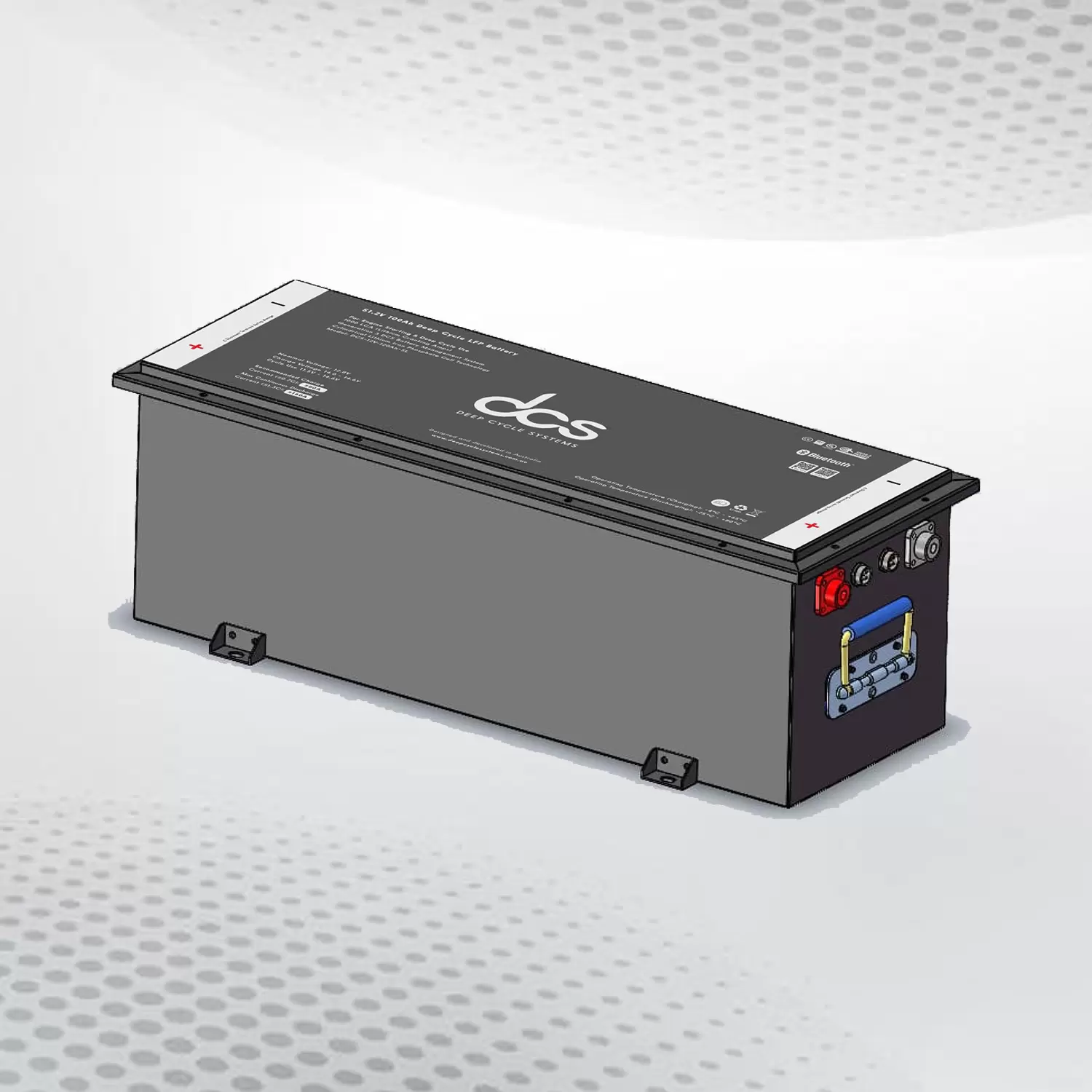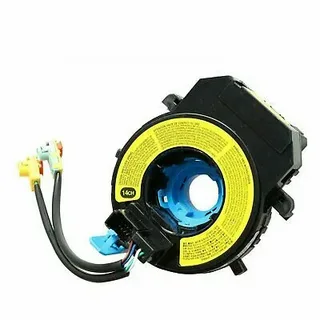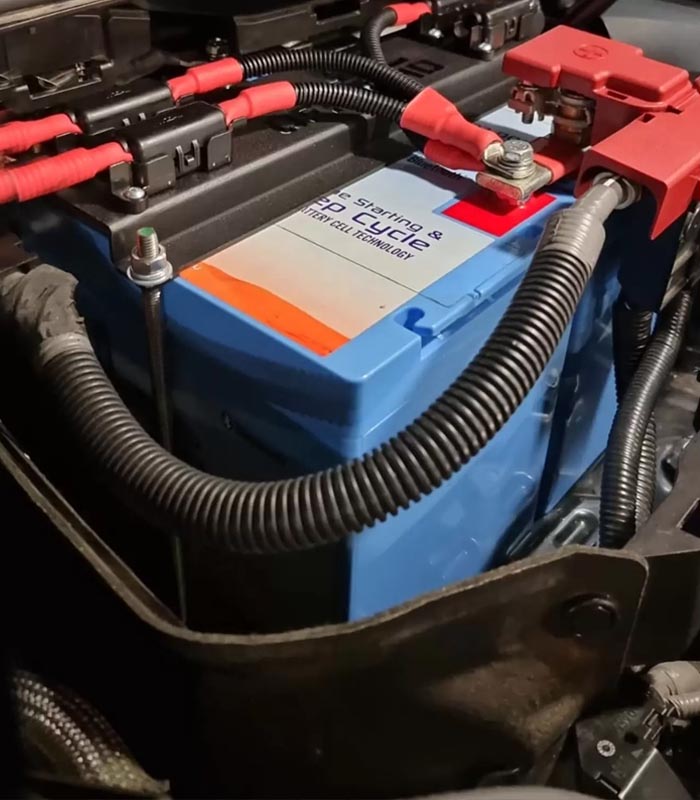The 48V LFP (Lithium Iron Phosphate) battery is a groundbreaking innovation in energy storage, offering a range of benefits that make it ideal for modern applications. Using lithium iron phosphate as the cathode material, these batteries provide a stable, high-performing energy source with superior safety compared to traditional lithium-ion batteries. Their enhanced energy efficiency and long lifespan make them perfect for use in renewable energy systems, electric vehicles, and off-grid solutions. Additionally, LFP batteries are known for their reduced environmental impact, contributing to more sustainable energy practices. As the world moves toward cleaner energy, the 48V LFP battery plays a crucial role.
Efficiency and Performance Metrics
Regarding efficiency and performance, 48V LFP batteries are notable for their high energy density, allowing for substantial energy storage within a compact design. This attribute is particularly beneficial for electric vehicles requiring effective space utilisation. Additionally, these batteries offer dependable power delivery, maintaining consistent output across varying conditions. This reliability ensures that electric vehicles powered by 48V LFP batteries can operate smoothly and efficiently, providing a more satisfying user experience. The inherent stability of these batteries further enhances their performance metrics, making them a reliable choice for diverse applications where both efficiency and consistent power delivery are crucial.
The Role of 48V Batteries in Improving Solar Systems
48V batteries are becoming crucial in enhancing solar systems by providing more efficient and reliable energy storage solutions. These batteries enable solar energy storage and use during off-peak hours, ensuring a consistent power supply even when the sun isn’t shining. Their high energy density and ability to manage larger loads make them ideal for residential and commercial solar installations. Using 48V batteries also reduces the complexity of wiring and systems, making installation simpler and safer. As renewable energy adoption grows, 48 V LFP batteries play an increasingly important role in advancing the performance and scalability of solar systems.
Economic Feasibility
Economic analysis reveals that 48V LFP batteries offer significant cost savings due to their extended operational lifespan. This longevity translates to fewer replacements, lowering overall expenses for consumers and manufacturers. Additionally, their robust design minimises the need for frequent maintenance, resulting in further cost reductions. These economic advantages make 48V LFP batteries a financially attractive option, particularly for large-scale electric vehicles and solar energy systems applications. Their durability and reliability also decrease long-term costs, enhancing their appeal for widespread deployment.
Harmonization with Current Technologies
The compatibility of 48V LFP batteries with existing technologies is a significant advantage. These batteries integrate seamlessly with current electric vehicles and solar energy systems, requiring minimal modifications. This makes them an attractive option for manufacturers and users looking to upgrade their energy solutions without extensive overhauls. Additionally, their standardisation allows for easier adoption and interoperability with a wide range of devices and systems. The ease with which 48V LFP batteries can be incorporated into existing frameworks helps to streamline the transition to more efficient and sustainable energy practices, fostering broader acceptance across various sectors.
Expansibility in Solar Installations
The 48V LFP-battery’s design supports the scalability of solar power systems, facilitating seamless integration into existing setups. Their modular nature allows for adding multiple units to enhance storage capacity as energy demands increase. This feature is particularly advantageous for residential and commercial solar installations, enabling gradual upgrades without requiring a complete system overhaul. The batteries’ compatibility with various solar technologies ensures they can be easily incorporated into diverse configurations, promoting more efficient energy management. As a result, 48V LFP batteries offer a flexible solution for expanding solar installations, accommodating future growth and increasing energy needs.
Powering the Future: How the 48V Lithium Ion Battery Is Changing Electric Vehicles
The rise of electric vehicles (EVs) and renewable energy systems is reshaping industries worldwide, and at the heart of this transformation lies the 48V lithium-ion battery. These batteries offer significant advantages over traditional power sources, including higher energy density, longer lifespan, and enhanced efficiency. Their lightweight and compact design makes them perfect for modern EVs and solar energy storage systems, allowing for improved performance and cost-effectiveness.
In the automotive sector, the 48V lithium-ion battery enables EVs to achieve higher ranges and faster charging times. It also supports additional functions like regenerative braking and power-hungry features like air conditioning and infotainment systems, which enhance the driving experience. The increased energy output helps reduce the vehicle’s weight, promoting better acceleration and overall handling.
Solar systems have also benefited from the 48V lithium ion battery’s ability to store more energy efficiently. Providing reliable and long-lasting storage solutions ensures that solar power is available even when the sun isn’t shining. The 48V lithium-ion battery is crucial in making electric vehicles and solar energy more sustainable, contributing to a cleaner and more energy-efficient future. As technology advances, these batteries will continue to lead the way in green energy solutions.
Versatility in Various Applications
48V LFP batteries are revolutionising various sectors, especially electric vehicles (EVs) and solar energy systems, offering significant performance, efficiency, and cost-effectiveness advantages.
Enhanced Energy Efficiency in Electric Vehicles
Adopting 48V LFP batteries in electric vehicles (EVs) enhances energy efficiency by balancing performance and longevity. These batteries support quicker charging times, longer driving ranges, and improved power delivery for various EV applications.
Boosting Solar System Efficiency
In solar systems, 48V LFP batteries ensure efficient energy storage, enabling households and businesses to store excess solar energy for later use. This reduces dependence on grid electricity and optimises energy consumption, especially during peak demand hours.
Cost-Effective Energy Storage Solution
Compared to traditional battery technologies, 48V LFP batteries offer a cost-effective solution for EVs and solar systems. Their longevity and low maintenance reduce long-term operational costs, making them an attractive option for various applications.
Compact and Lightweight Design
The compact and lightweight design of 48V LFP batteries makes them suitable for space efficiency applications, such as urban electric vehicles and residential solar setups. This flexibility allows for easy integration into diverse environments.
Reliable Power Supply for Off-Grid Solutions
48V LFP batteries are increasingly used in off-grid applications, providing reliable and stable power for remote locations. Whether in electric vehicles designed for rural areas or independent solar systems, they offer the reliability needed for energy independence.
Durability and Longevity
48V LFP batteries are designed to provide reliable performance over extended periods, making them an excellent choice for various applications. Their resilience in diverse environmental conditions ensures they can handle temperature fluctuations and other challenging factors without compromising their effectiveness. The robust nature of these batteries significantly reduces the frequency of replacements, offering a more sustainable and cost-effective solution. Additionally, the high cycle life of 48V LFP batteries contributes to their longevity, providing consistent energy output throughout their use. This durability supports their application in electric vehicles and solar systems, where long-term reliability is paramount.
The Rise of Li Ion Golf Cart Battery: Fueling the Future of Eco-Friendly Transportation
The increasing demand for sustainable transportation options has sparked the rise of Li-Ion golf cart batteries, transforming the eco-friendly transportation landscape. These batteries offer significant advantages over traditional lead-acid models, providing higher energy density and longer lifespans. With the growing interest in golf carts as an alternative mode of transport, these advanced batteries are seen as a crucial part of the shift toward greener vehicles.
Li-Ion batteries are revolutionising the efficiency and performance of golf carts, allowing for faster recharging and reduced maintenance. Unlike their lead-acid counterparts, Li Ion golf cart battery are lighter, which improves the cart’s range and overall performance. Their longer lifespan also reduces the total cost of ownership, making them an attractive option for recreational and commercial uses.
As the push for electric vehicles and sustainable transport continues to grow, the demand for Li-Ion golf cart batteries is expected to rise significantly. With the ability to support longer drives and offer a cleaner alternative to traditional fuel-powered vehicles, these batteries are paving the way for an eco-conscious future. As more industries look for sustainable solutions, Li-Ion golf cart batteries are likely to play a crucial role in shaping the future of electric transportation.
Ecological Impact
The ecological benefits of 48V LFP batteries are substantial, with lithium iron phosphate contributing to cleaner production processes. The materials involved are less harmful and more readily recyclable than those in traditional lithium-ion batteries. This recyclability aids in reducing waste and conserving resources. Additionally, the longevity and durability of these batteries mean fewer replacements and less waste over time, supporting broader environmental goals. The design of 48V LFP batteries aligns with sustainable practices, promoting more responsible energy consumption and waste management.
Technological Progress
Innovations in the chemistry of 48V LFP batteries are leading to notable improvements in energy density, safety, and cost-effectiveness. Advanced research and development efforts focus on optimising these batteries for better performance and longer lifespans. Such technological advancements are crucial in enhancing the batteries’ overall utility in electric vehicles and solar systems. As research continues, the capabilities of 48V LFP batteries are expected to expand, making them even more integral to modern energy solutions.
Obstacles and Considerations
Addressing the challenges associated with scaling production, such as supply chain constraints and manufacturing complexities, is vital for meeting the rising demand for 48V LFP batteries. Additionally, ensuring robust energy management and maintaining high safety standards are crucial factors that impact regulatory compliance and consumer confidence. Continuous efforts to overcome these obstacles will play a significant role in successfully integrating 48V LFP batteries into electric vehicles and solar systems.
Conclusion:
48V Lithium Iron Phosphate (LFP) batteries are revolutionising the future of electric vehicles (EVs) and solar energy systems by offering enhanced performance, safety, and longevity. Their high energy density and thermal stability make them ideal for EV applications, delivering longer driving ranges and more efficient power usage. In solar systems, 48V LFP batteries provide reliable energy storage, supporting sustainability with improved cycle life and faster charging. As the world moves toward greener energy solutions, 48V LFP battery stand at the forefront, offering a cost-effective, eco-friendly alternative that ensures a brighter, more sustainable future.
FAQ’s
What are 48V LFP battery used for?
48V LFP battery are primarily used in electric vehicles (EVs), energy storage systems for solar power, and backup power applications. They are favoured in these industries for their safety, longevity, and efficiency. These batteries provide reliable energy storage, ensuring electric vehicles and solar systems run smoothly and sustainably.
How long do 48V LFP batteries last?
48V LFP batteries typically last 10 to 15 years, depending on use and environmental conditions. Their longevity is significantly longer than other types of batteries, such as lead-acid, making them a cost-effective option for EVs and solar energy storage systems.
Are 48V LFP batteries safer than other lithium batteries?
Yes, 48V LFP batteries are considered safer than other lithium-ion batteries due to their chemical stability and resistance to thermal runaway. Unlike other lithium batteries, LFP batteries are less likely to catch fire or overheat, making them a safer choice for electric vehicles and energy storage systems.
What are the benefits of 48V LFP batteries in solar systems?
In solar systems, 48V LFP batteries offer numerous advantages, including a longer lifespan, faster charging times, and greater energy storage efficiency. They provide a reliable way to store solar energy for later use, ensuring that homes and businesses can reduce their dependency on the grid while maintaining an eco-friendly energy solution.
Are 48V LFP batteries more expensive than other batteries?
While 48V LFP batteries may have a higher upfront cost than traditional lead-acid batteries, their long lifespan and superior efficiency make them more cost-effective in the long run. Over time, the lower maintenance and replacement costs make LFP batteries an economically viable choice for electric vehicles and solar power systems.
| Related Business Listings |
| Contact Directory |
| Local Business Profiles |





